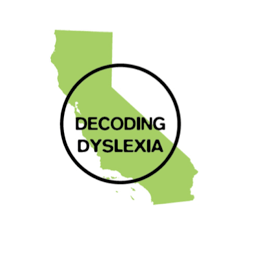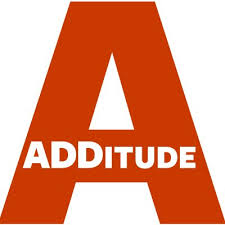Technology to Support Executive Functioning [downloadable]
 Executive functioning skills, which involve working memory, flexible thinking and self-monitoring, are key to learning. Read more ›
Executive functioning skills, which involve working memory, flexible thinking and self-monitoring, are key to learning. Read more ›
 Executive functioning skills, which involve working memory, flexible thinking and self-monitoring, are key to learning. Read more ›
Executive functioning skills, which involve working memory, flexible thinking and self-monitoring, are key to learning. Read more ›
 Decoding Dyslexia CA, made up of families who have dyslexic children, educators and others who are passionate about addressing dyslexia, strives to raise dyslexia awareness, empower families to support their children, and improve resources for students with dyslexia in California public schools. Read more ›
Decoding Dyslexia CA, made up of families who have dyslexic children, educators and others who are passionate about addressing dyslexia, strives to raise dyslexia awareness, empower families to support their children, and improve resources for students with dyslexia in California public schools. Read more ›
 ADDitude magazine is a quarterly publication about attention deficit hyperactivity disorder. It contains feature and service articles about ADD, ADHD and learning disabilities like dyslexia. The ADDitude website offers an array of complementary content and resources for parents, educators, and clinicians. Read more ›
ADDitude magazine is a quarterly publication about attention deficit hyperactivity disorder. It contains feature and service articles about ADD, ADHD and learning disabilities like dyslexia. The ADDitude website offers an array of complementary content and resources for parents, educators, and clinicians. Read more ›
This workshop provides educators and parents with an introduction to Microsoft Learning Tools and accessibility features of Windows 10 and Office 365.
The goals are to empower teachers to create inclusive classrooms that support students of all abilities and to help parents support learners outside of the classroom. Read more ›
 The McKinley-Brighton Elementary School in Syracuse, New York, is experiencing positive results on student behavior and learning from a daily 30-minute opening period of meditation and mindfulness, and the establishment of a “mindful room” for students who are acting out. Read more ›
The McKinley-Brighton Elementary School in Syracuse, New York, is experiencing positive results on student behavior and learning from a daily 30-minute opening period of meditation and mindfulness, and the establishment of a “mindful room” for students who are acting out. Read more ›
 Educators are increasingly recognizing that students often have complicated lives outside of school that affect how ready they are to learn. Many students experience some kind of trauma in their lives, whether it’s a health problem, divorce, violence in their neighborhood, or a combination of experiences. Research shows these experiences affect kids’ brains and behavior — a challenge for teachers expecting to arrive in class and only focus on content. Read more ›
Educators are increasingly recognizing that students often have complicated lives outside of school that affect how ready they are to learn. Many students experience some kind of trauma in their lives, whether it’s a health problem, divorce, violence in their neighborhood, or a combination of experiences. Research shows these experiences affect kids’ brains and behavior — a challenge for teachers expecting to arrive in class and only focus on content. Read more ›
 All youth need to develop a set of core life skills to manage school, work, outside interests, and social relationships successfully. From the perspective of brain development, these skills include planning, focus, self-control, awareness, and flexibility—also known as “executive function” and “self-regulation” skills. Read more ›
All youth need to develop a set of core life skills to manage school, work, outside interests, and social relationships successfully. From the perspective of brain development, these skills include planning, focus, self-control, awareness, and flexibility—also known as “executive function” and “self-regulation” skills. Read more ›
 Dysgraphia is a neurological disorder characterized by writing disabilities. In children, the disorder generally emerges when they are first introduced to writing.
Dysgraphia is a neurological disorder characterized by writing disabilities. In children, the disorder generally emerges when they are first introduced to writing.
For kids with dysgraphia, the effort of writing can get in the way of learning. Here’s a look at some classroom accommodations from Understood.org that can help kids with writing issues. Read more ›